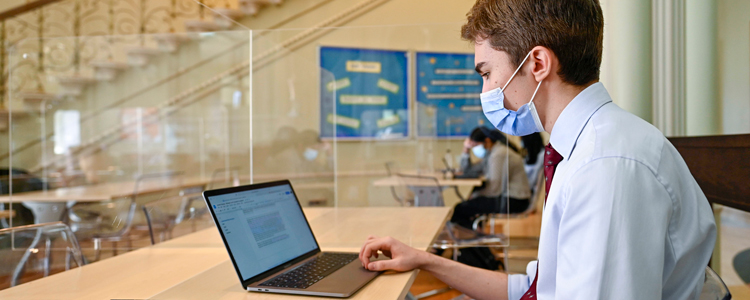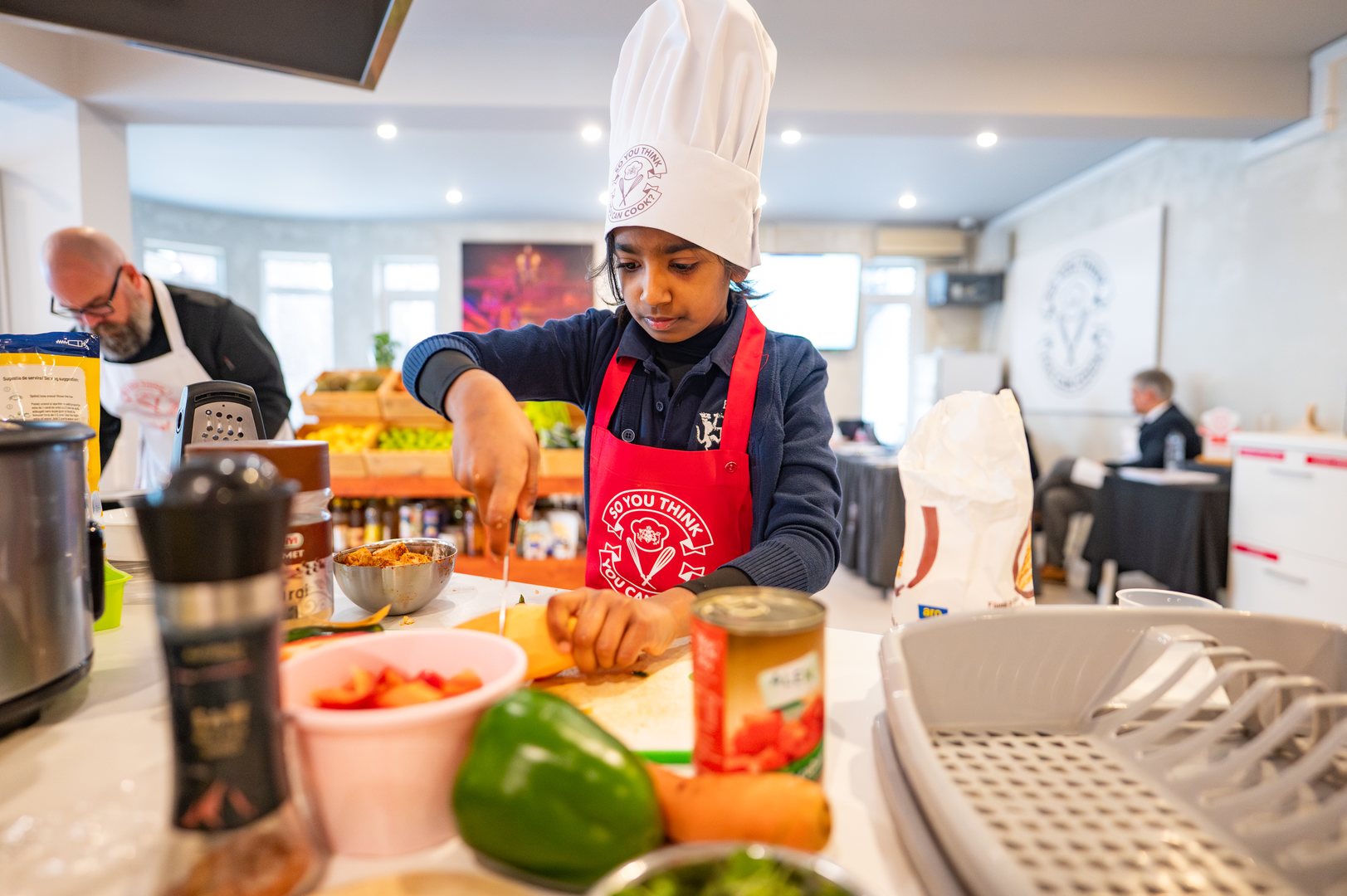
Safer Internet Day 2022 – Together for a Better Internet
On Tuesday, 8th February 2022, BSB joined educational organisations from all over the world to celebrate Safer Internet Day – the annual flagship campaign under the European Strategy for Better Internet for Children.
Over time, Safer Internet Day has grown from an EU initiative to a truly global celebration, presently involving millions of people in over 200 countries and territories worldwide, becoming a landmark event in the online safety calendar. The day is organised on behalf of the European Commission by the Insafe network (coordinated by European Schoolnet, a network of 33 European Ministries of Education) and INHOPE (the International Association of Internet Hotlines).
This year’s theme – All fun and games? Exploring respect and relationships online, celebrated the role of young people in creating a safer internet, whether gaming and creating content or interacting with their friends and peers.
Children and teens have on average spent significantly more time online during the last two years, due to the current COVID-19 pandemic. As a result, the internet has become a necessary part of their lives, both socially and academically. Now, more than ever, young people are shaping the interactive entertainment environments they are a part of for gaming, communication and broadcasting (live streaming). The increased time spent online also comes with risks, like access to inappropriate content, cyberbullying and online predators.
The British School of Bucharest’s approach to online safety has given its students the right digital literacy skills needed to interact and navigate the online world as safely as possible.
Online safety is taught specifically through the Computing and the PSHE curricula, from EYFS to Year 13. Our online safety curriculum follows guidance from the DfE’s Teaching online safety in school publication and the UKCCIS’s Education for a Connected World document.
Education for a Connected World focuses specifically on eight different aspects of online education:
- Self-image and identity
- Online relationships
- Online reputation
- Online bullying
- Managing online information
- Health, well-being and lifestyle
- Privacy and security
- Copyright and ownership
From EYFS to Key Stage 5, pupils and students learn and are reminded to:
- Use the internet safely, respectfully and responsibly
- Recognise acceptable and unacceptable behaviour online
- Identify where to go for help and what to do when they have concerns about content, contact or conduct online
- Critically consider the authenticity of online sources of information and any communications they may encounter (e.g. online friendships)
- Protect personal information
- Be mindful of how information is shared and used online by third parties
Furthermore, the Safeguarding Team are frequently responding to new and evolving risks and online trends, offering support and advice to staff and students.
‘It is very important for us to keep well informed of the latest online threats to our students’ safety and well-being and then share information promptly, offering support and training where possible. These online threats can come from new apps, online trends and other external influences which may have nefarious motives’.
Dan Batson (Deputy Head and Designated Safeguarding Lead)
BSB acknowledges that schools have an enormous responsibility to safeguard children, whether on campus, away from school or in their online world.
You can learn more about the BSB measures in our Online Safety Policy.
February 2022
Please note that the British School of Bucharest is not responsible for the content on external pages and, as usual, we advise you to monitor your children’s online activity.





